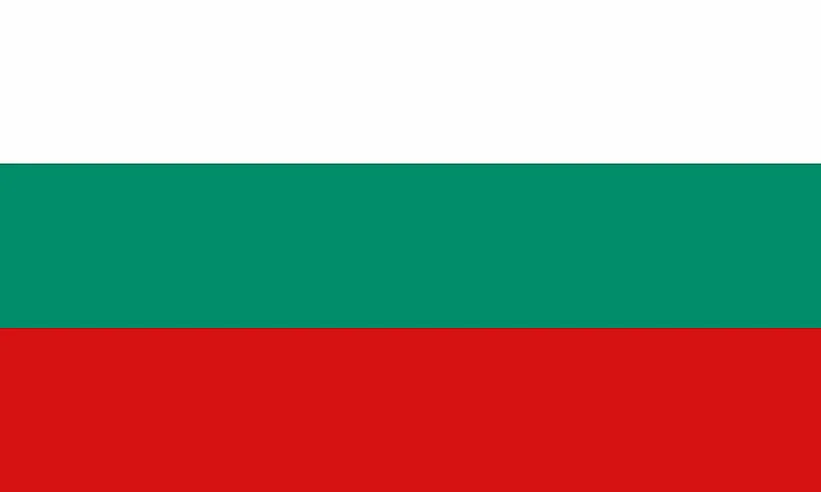
Bulgaria
| Continent | Europe |
| Capital | Sofia |
| Population | 7,144,653 |
| GDP | $143.00 Billion |
| GDP per Capita | $20,100 |
| Dialing Code | +359 |
| ISO Code (2-letter) | BG |
| ISO Code (3-letter) | BGR |
Bulgaria Landscapes






About Bulgaria
Welcome to Bulgaria, a country where ancient history meets modern European aspirations. Located at the crossroads of Europe and Asia, this nation of approximately 6.8 million people occupies 110,994 square kilometers of diverse terrain. From its Black Sea coast to its mountain ranges, from its Thracian tombs to its Orthodox monasteries, Bulgaria offers visitors a remarkable journey through time while embracing its future as a member of the European Union.
Geographic Features and Natural Beauty
Bulgaria’s geography is characterized by extraordinary diversity, featuring the Balkan Mountains running east-west through the country’s center, the Rhodope Mountains in the south, and the Danube Plain in the north. The country’s Black Sea coastline stretches for 378 kilometers, offering beautiful beaches and popular resort towns.
The Rila Mountains, home to the highest peak in the Balkans (Musala at 2,925 meters), feature spectacular alpine landscapes and the famous Rila Monastery, a UNESCO World Heritage site. The country’s numerous mineral springs and spa resorts have attracted visitors since Roman times.
The Danube River forms much of Bulgaria’s northern border with Romania, while the interior features fertile valleys, including the famous Rose Valley, where most of the world’s rose oil is produced.
Cultural Heritage and Traditions
Bulgarian culture represents a unique fusion of Thracian, Slavic, and Bulgar traditions, enriched by Greek, Roman, Ottoman, and modern European influences. The country’s Orthodox Christian heritage is evident in its numerous monasteries and churches, with religious art and architecture playing a central role in cultural identity.
Traditional Bulgarian music, known for its complex rhythms and vocal styles, includes the haunting sound of the Bulgarian State Television Female Vocal Choir, which gained international recognition. Folk traditions remain strong, with distinctive regional costumes, dances, and crafts still practiced today.
Bulgarian cuisine combines Balkan and Mediterranean influences, featuring dishes like banitsa (cheese pastry), shopska salad, and various yogurt-based dishes. The country is also famous for its wine production, with a tradition dating back to Thracian times.
Historical Journey
Bulgaria’s history spans from ancient Thracian civilizations through medieval Bulgarian empires to Ottoman rule and modern independence. The First Bulgarian Empire, established in 681 AD, was one of medieval Europe’s most powerful states and developed the Cyrillic alphabet, now used by many Slavic languages.
The country experienced a cultural golden age during the Second Bulgarian Empire (1185-1396) before five centuries of Ottoman rule. Bulgaria gained independence in 1878 and, after World War II, became part of the Eastern Bloc. Since 1990, it has transformed into a democratic nation and joined NATO (2004) and the European Union (2007).
Modern Economic Landscape
Today’s Bulgaria has a diverse market economy with strengths in services, manufacturing, and agriculture. The country has become an important software development center, with a growing IT sector and numerous technology companies choosing Sofia as their regional base.
Tourism plays a significant role in the economy, with visitors attracted to the country’s Black Sea resorts, ski facilities, cultural sites, and spa towns. Agriculture remains important, with Bulgaria being the world’s largest producer of lavender oil and a major producer of rose oil.
International Relations and Global Position
Bulgaria maintains active participation in the European Union, NATO, and various international organizations. The country serves as an important energy transit route and has worked to strengthen regional cooperation in southeastern Europe.
Did You Know?
• Bulgaria is the world’s largest producer of lavender oil and rose oil?
• The Cyrillic alphabet was developed in the First Bulgarian Empire during the 9th century?
• The oldest gold treasure in the world was discovered in Bulgaria, dating back to 4,600 BC?
• Bulgarian yogurt is famous worldwide for its unique strain of Lactobacillus bulgaricus bacteria?
Conclusion
Bulgaria stands as a fascinating blend of ancient heritage and modern development. From its Thracian tombs to its Black Sea resorts, from its medieval monasteries to its modern IT hubs, Bulgaria offers visitors a unique perspective on European history and culture. As it continues to develop within the European Union framework, Bulgaria remains committed to preserving its rich cultural heritage while building a prosperous future.